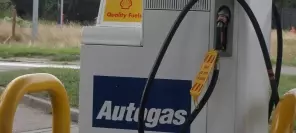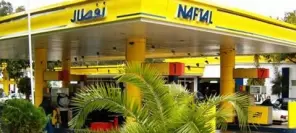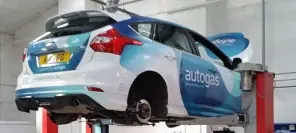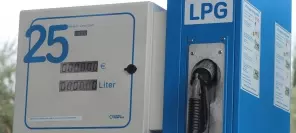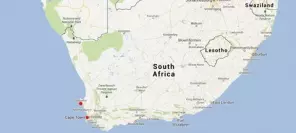- Main page
- Search
- Up to date
- Products
- Technology
- Vehicles
- Video
- Conversion Payback Simulator
Port Injection - Conversion Payback Simulator
Direct Injection - Conversion Payback Simulator
Diesel - Newsletter
Autogas market in the UK - stunted growth
 loading results...
loading results...
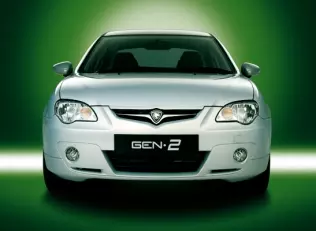 © ProtonProton - the Malaysian manufacturer - offers its British customers an LPG fuel system for its Gen-2 compact car, but one swallow doesn’t make a summer
© ProtonProton - the Malaysian manufacturer - offers its British customers an LPG fuel system for its Gen-2 compact car, but one swallow doesn’t make a summerAs calculated, air pollution kills 29 thousand people each year, the worst affected cities in Britain being London and Oxford. An increasing number of vehicles is obviously a big factor, and the higher the percentage of diesel fuel vehicles on our roads, the worse it gets, because it is exhaust gas from this kind of engines that contains the largest amounts of carcinogenic substances. Ecology in relation to the automotive industry is seen today mostly from the perspective of CO2 emissions (cars with Diesel engines actually emit relatively small amounts of it), but fortunately we tend to look more often than before at the social costs – illnesses and deaths caused by substances that get into the atmosphere through the cars’ exhaust systems.
As we wrote recently, LPG-powered cars emit 11% less carbon dioxide than before the conversion to autogas. More importantly, the exhaust gasses also contain less than half the nitrogen oxides found in petrol exhaust gasses, and compared to diesel vehicles, gas vehicles release into the atmosphere the amount of harmful components and substances (especially the carcinogenic ones) that is 11 times smaller. While in many European countries the potential of gas fuels is appreciated by the authorities who help making this type of fuel more popular, British ruling body – at least according to Shell and Calor – does not try as much as they could and should.
It mostly concerns the high tax levied in the UK on LPG used as engine fuel, and the assurance that prices will remain at a constant rate in the long run. Although the tax is still 45p/liter lower for LPG than for petrol (which is reflected in retail prices – a liter of LPG costs an average of 70p, a liter of petrol is £1,37 while diesel costs £1,42/liter), but there’s no consistent and transparent policy that would encourage drivers to choose LPG instead of traditional fuels. According to Linda Gomersall of Autogas Ltd, the Government in London is quite faddish, while better results would have been achieved by choosing a long-term, stable policy. That would give drivers a sense of security and confidence that they would be able to save sufficiently by choosing gas fuel. Given that the cost of converting a popular compact car to run on LPG in the UK is around £1200, it is no wonder that some people think twice before making the decision and, unfortunately, sometimes they choose not to spend that much.
Gas fuel station network in the UK currently includes about 1400 locations that have to take care of 160 thousand cars. Not too many, and considering that it’s almost impossible to buy a new car that would be ready-converted by the manufacturer (there’s the Proton Gen-2 ecologic, but it’s definitely not one of the leaders on the market), it’s difficult to change the current situation. The government, as the addressee of the companies’ statement, has not commented on it officially yet. But the facts are as follows: the number of victims of diseases caused by air pollution is increasing each year, and replacing at least some of the vehicles powered by diesel or petrol with their gas counterparts would help change the situation for the better. And this applies as much to the UK as it does to any other country.
